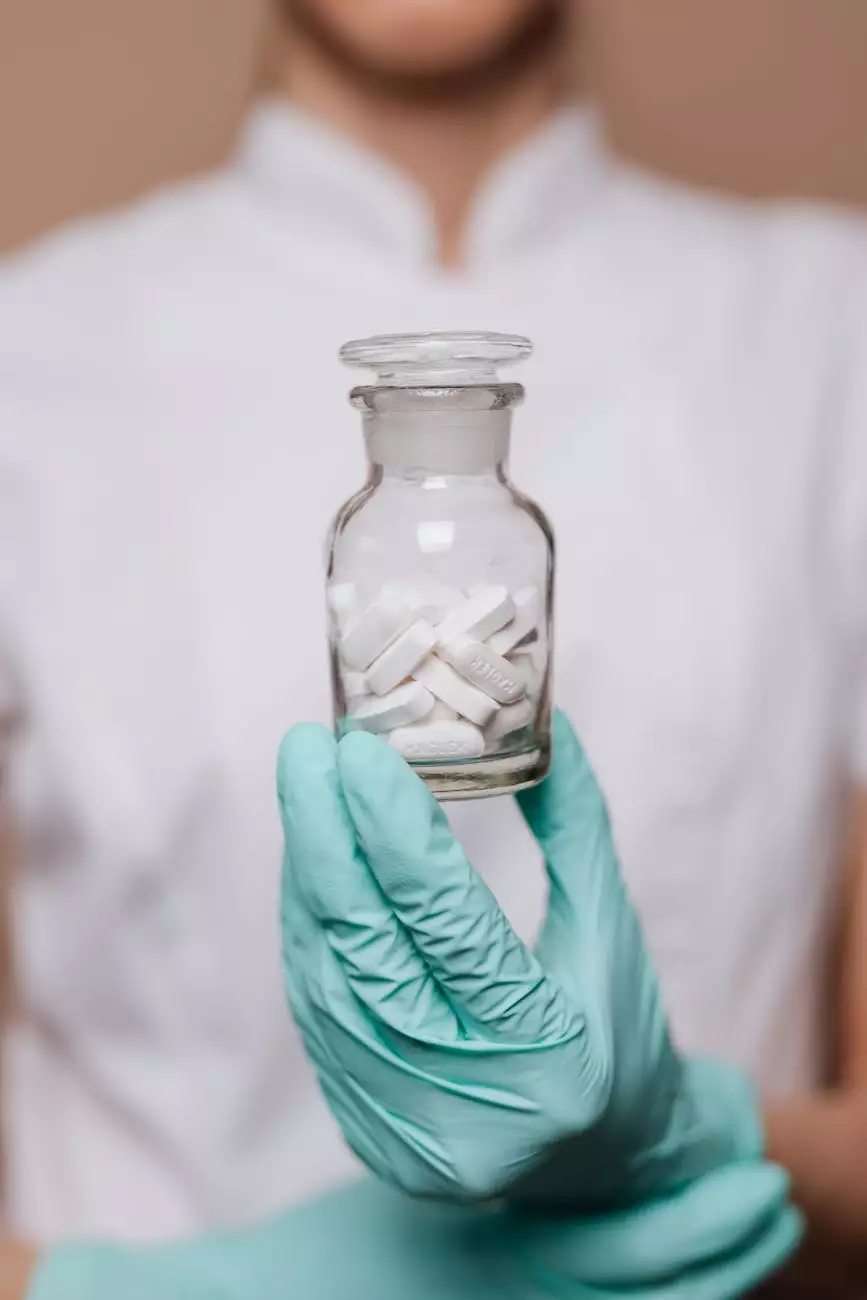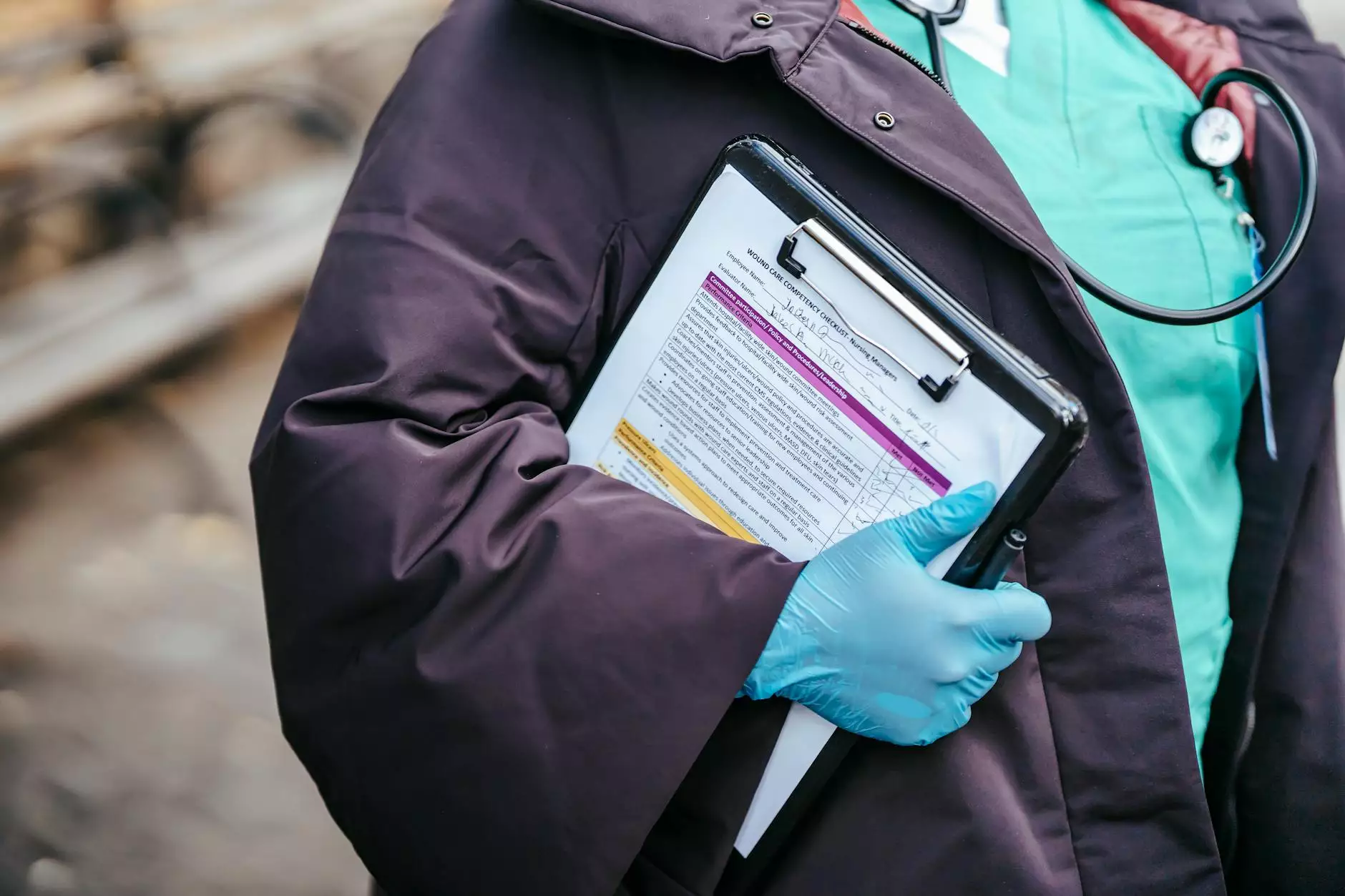How Organ Donation Works
Blog
Introduction
Welcome to Richard Martinez, MD - your trusted source for comprehensive health information. In this article, we will explore the process of organ donation and the significant impact it has on saving lives. Organ donation is a selfless act that allows individuals in need to receive a second chance at life.
What is Organ Donation?
Organ donation involves the surgical removal of healthy organs and tissues from one individual, known as the donor, to another individual, known as the recipient. These organs and tissues are then transplanted into the recipient's body, replacing the failing or damaged organs.
The Importance of Organ Donation
Organ donation is an integral part of modern medicine and has the potential to save countless lives. Through organ transplantation, individuals suffering from organ failure can regain their health, improving their quality of life and enhancing their longevity.
Types of Organ Donation
There are two primary types of organ donation: living donation and deceased donation.
Living Donation
In living donation, a healthy individual voluntarily donates one of their organs or tissues. Common examples of living donation include kidney, liver, and lung donations. Living donation offers the advantage of shorter waiting times for recipients and the ability to better match the donated organ with the recipient.
Deceased Donation
Deceased donation occurs after an individual has passed away. This type of donation primarily involves the donation of organs and tissues from individuals who have previously expressed their explicit consent to be organ donors. These individuals have typically registered as organ donors during their lifetime. Deceased donation is essential in meeting the critical organ transplant needs of patients waiting for suitable organs.
The Organ Donation Process
The organ donation process involves several steps to ensure the safety and success of the transplantation. Here are the key stages:
Evaluation and Registration
Individuals interested in becoming living donors undergo a thorough evaluation process that includes medical, psychological, and logistical assessments. For deceased donation, it is vital to have registered as an organ donor beforehand.
Matching and Allocation
For deceased donation, a sophisticated computerized matching system is used to allocate organs based on factors such as blood type, body size, tissue compatibility, and medical urgency. For living donation, the donor's compatibility with the recipient is carefully examined to ensure a successful transplantation.
Surgery and Recovery
Once a suitable match is found, the surgery takes place, involving the removal of the organ from the donor and its transplantation into the recipient. Both the donor and recipient will require a period of recovery following the procedure to allow their bodies to heal.
Aftercare and Follow-Up
Post-transplant, both the recipient and living donor receive comprehensive follow-up care to monitor their recovery and address any potential complications. Regular check-ups and ongoing medical support are crucial for long-term success.
Benefits of Organ Donation
The impact of organ donation extends far beyond the individuals directly involved in the transplantation. Here are some key benefits:
Saving Lives
Organ donation provides the opportunity to save lives. By donating organs, individuals can offer hope to those in need, potentially giving them a chance to overcome life-threatening conditions and regain their health.
Improving Quality of Life
For recipients, organ transplantation can significantly enhance their quality of life. It allows them to engage in activities they previously couldn't, regain independence, and enjoy precious moments with their loved ones.
Inspiring Others
Organ donation acts as an inspiration to others within the community, creating a positive ripple effect. One act of kindness can lead to many more, encouraging more people to consider becoming organ donors and ultimately saving more lives.
Conclusion
Organ donation is a remarkable and life-altering gift. It brings hope, improves lives, and saves countless individuals from the hardships of organ failure. By understanding how organ donation works, we can contribute to enhancing public awareness, encouraging more individuals to become organ donors, and ultimately making a significant difference in the lives of those in need.
Get Involved
If you would like to learn more about organ donation or are interested in becoming a donor, don't hesitate to reach out to Richard Martinez, MD. Our team is ready to provide you with the information and support you need to make an informed decision.




